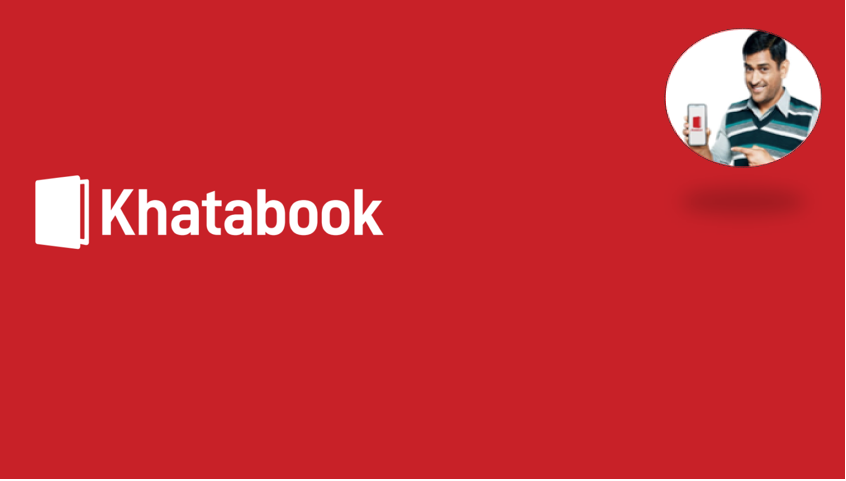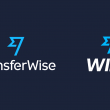Will Khatabook be India’s Google or Whatsapp moment?
Local Kirana stores (also termed as Mom and Pop Stores) in India are witnessing a major shift in the trade. Digitization wave has reached these Kirana stores too, and Digital Kirana is becoming the next big thing. One of the common problems faced by these Kirana stores is bookkeeping and account management. Khatabook is a toddler in the bookkeeping space which, has seen phenomenal success. So far, Khatabook has scaled to transactions of $200mn per day, that too in less than 2 years of operation. Let’s look at the business story of Khatabook.
The Backdrop of Digital Kirana
Since the 2014 electoral victory of Prime minister Narendra Modi, India has observed some significant policy shifts. One of the attempts was to eliminate cash out of the system. The demonization act in 2016; pushed people to have cash alternatives. UPI and wallet usage since demonetization has increased significantly. GST (Goods and service tax) regime was rolled out in 2017. Since then, small businesses have felt the need to start using technology to simplify their business operations. The launch of telecom operator Jio in 2015 was another landmark event. With Jio, internet penetration in India witnessed an unprecedented upshift. Digital, low reliability on cash, and simplification of business processes are pillars to scale businesses. All these events happened in a very similar timeframe and set the platform for a change in the way business is done.
Traditional Ledger books
If you are Indian or have dealt with Indian businesses, you would have come across the concept of ‘Chopda’- an Indian equivalent of ledger accounts. Most business, even in 2021, maintains their accounts in physical books. Advances were maintained in these books, popularly called ‘Likh Lena’ (write it in my account, I will pay you later). For obvious reasons, these are not scalable practices. There was definitely a need for a scalable solution, which catered to all segments of users.
Innovation beyond Silicon Valley
Necessity is the mother of invention. Khatabook is the perfect example of this quote. Vaibhav Kalpe, a small town enthusiast from Degloor, Nanded, Maharashtra; wanted to solve the manual bookkeeping problem for this father. His father had an electric shop and faced challenges in the manual accounting. Vaibhav thought himself how to develop an android app and put this app on the play store. He created a very basic version in very simple language so that anyone could use the app. The result — In about 1 year, 60000+ downloads of the app. All this was handled single-handedly by Vaibhav. He was also approached by Light speed ventures for a collaboration. For unknown reasons, this venture did not go through. Though Vaibhav eventually connected with Ravish Naresh to take Khatabook to the next level.
Story of Ravish Naresh
Ravish Naresh is an IIT Bombay graduate. He was amongst the 12 famous co-founders of Housing.com. Housing.com was a bitter experience for many, eventually becoming the poster boy for startup on what not to do. Ravish moved on from Housing and was exploring business opportunities. Ravish had developed an SMS app called Kyte.ai, a smart spend management tool. This app was a mismatch in terms of the target segment and product offering. Ravish came to know about Khatabook and connected with Vaibhav. Vaibhav initially hesitant, agreed to collaborate. This marked the beginning of a high-speed growth journey for Khatabook.
Khatabook growth story
Once Vaibhav was onboarded, Ravish and Khatabook team redeveloped the app. Ravish was aware that most of their users were first time users of business software. Jio, GST, Demonetization, and a well-crafted app started paying off in no time. Khatabook began to see traction like never before.
Khatabook did face a roadblock, and this time Ravish’s past came to haunt him. His association with Housing.com made it difficult for Khatabook to raise money. Y combinator was kind to ignore the past and grant Ravish that one more chance. Once you have a strong VC like Y combinator on board, there is no looking back.
Since then, Khatabook has expanded its base to 5000+ cities, close to a million daily average users, and a rapidly growing daily average transacted amount. Khatabook was translated into regional languages to broaden the customer base. Today Khatabook is translated into 10+ local languages. The result – they have investors like Sequoia India, Partners of DST Global, Tencent, GGV, RTP Global, Hummingbird Ventures, Falcon Edge Capital, Rocketship.VC and Unilever Ventures, Kevin Weil, Alexander Will, Kunal Shah, Kunal Bahl, and Rohit Bansal. Basically, all the who’s who of the VC world. Take a moment here to step back and consider that a company that struggled to get funds, today has all the big names of the VC arena as their investors. Today Khatabook is valued at $300 mn in less than 18 months post relaunch.
Building the Economic Moat
For any business to survive, they need to build their economic moat (a strategic advantage that competitors can’t easily beat). By being free, Khatabook cannot exist forever. Khatabook team plans to expand the user base as their stronghold. They have also launched ‘My Store‘, for small businesses to operate as an e-commerce organization. They have also launched Pagarkhata, an app to manage attendance and salary management. Khatabook’s economic moat, for now, is network effect and becoming an ERP system for MSMEs (Micro, medium, and small enterprises).
Former Indian cricket captain Mahendra Singh Dhoni (MSD) joined Khatabook as an investor and a brand ambassador. MSD’s advertisements did a lot of rounds during the 2020 IPL. Thus providing enough eyeballs for the startup.
How does Khatabook make money?
As of now, Khatabook has zero revenue. Since the competition in this space is becoming fierce, they do not have the liberty of charging a fee from the users. Though there are some possible business models they can explore. Their competitor OkCredit applied for NBFC (non-banking financial company) license. This way they could provide working capital arrangements to their users. Ads and commission-based models could be alternative modes of generating revenue too.
Parting Thoughts
Khatabook is already making a buzz, a buzz so strong that they are being equated as India’s Google and Whatsapp. Khatabook could become a leading technology solution provider. In the immediate future, they need to fight the competition and subsequently explore monetization models. However, one thing is very clear from Khatabook, the dream of Digital India is here to stay.
Also Read – Will Udaan be India’s Alibaba





